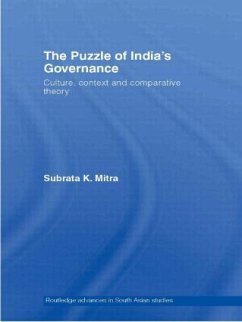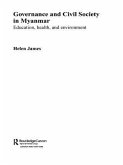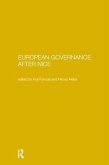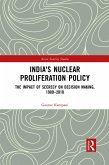India no longer gets an easy ride as the world's largest democracy. Spectacular terrorist attacks on its Parliament and places of worship, communal riots of unprecedented ferocity, lingering separatist insurgency and violent caste conflict in impoverished regions have combined to cause a closer appraisal of India's capacity to sustain the rule of law. This book shows how governance is high when people follow the rules of transaction, derived from binding custom, legislation, administrative practices and the constitution. The key question that underpins this analysis is why do some people, sometimes, follow rules and not others? This study responds to this central question by looking at analytical narratives of political order in six Indian regional States, surveys of social and political attitudes and extended interviews with political leaders, administrators and police officers. It shows how, by drawing on the logic of human ingenuity, driven by self interest rather than mechanical adherence to tradition and ideology, these regional elites can design institutions and promote security, welfare and identity which enhance governance.
Hinweis: Dieser Artikel kann nur an eine deutsche Lieferadresse ausgeliefert werden.
Hinweis: Dieser Artikel kann nur an eine deutsche Lieferadresse ausgeliefert werden.








